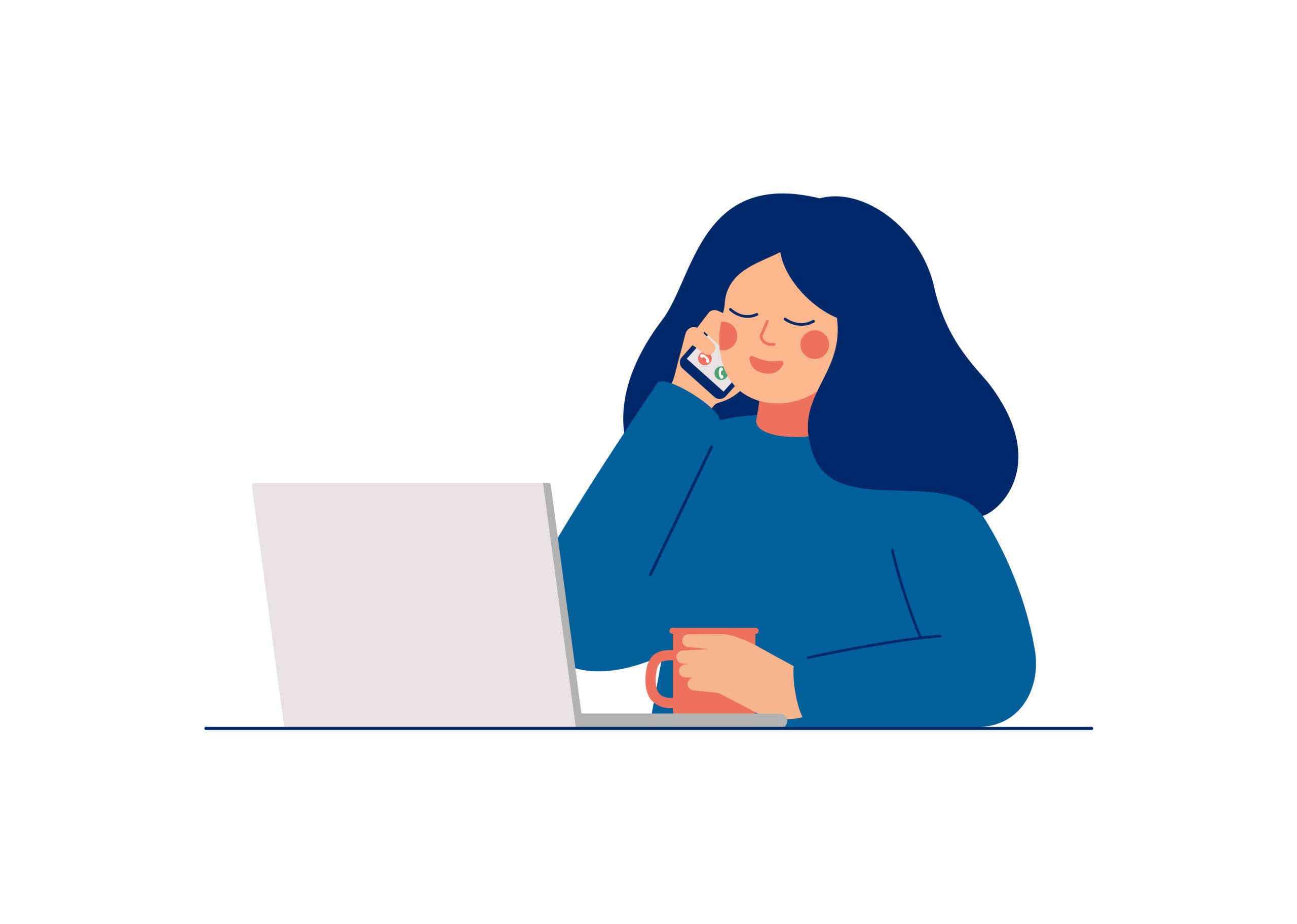“Hi my name is Adriana, I’m a volunteer calling to make sure you have the information you need to vote on Tuesday! If you are unsure how to vote, you can go to iwillvote.com. Thanks so much for participating in our democracy and have a great day!”
In the five days leading up to the election, I left about 1,000 of these voicemails. I made contact with around 200 people, 100 of whom hung up on me immediately. I exchanged pleasantries with fewer than 50, was told to take a hike and “never call here again” more than I would have liked, and had three, maybe four, meaningful conversations.
With a list of swing states in front of me, I had opted to call Arizona voters — Maricopa county residents. After hours of ringing and voice memos, I met Arnold from the Navajo Nation.
“Yes, I already voted absentee,” he said. “My son did too.”
“Do you mind if I track your ballot?” I offered.
He was one of the few who replied: “that would be great.”
Arnold’s ballot had in fact not been received by the state — neither had his son’s.
“Now that you mention it, my wife’s absentee ballot had actually never arrived at the house, and on Election Day she has to go to work before the polls open and won’t be back until after they close,” he said.
Arnold’s daughter didn’t know where she was registered to vote — her old address or her new one? His other son thought he missed the deadline to drop his ballot off in town. And, “Oh yeah, I think I forgot to sign the envelope.”
I took down his number and made a call to another hotline — answered by another volunteer with the same background (none) in voting law. Did in-person votes override disqualified mail-in ballots in Arizona? What’s the furthest place from home, and the closest place to work, that Arnold’s wife can vote in person? Are drop boxes open 24/7? What happens to the stray, unsigned ballot that never makes it into the tally?
I called Arnold back from my own cell number, no longer masked by the anonymity of the phone banking system and straightened it out the best I could. We made a plan for all five of them to vote, hoping their schedules would align with poll hours, hoping that no ballot went uncounted. He thanked me. I said to stay in touch.
A week later the election has finally ended. Joe Biden and Kamala Harris have won. Champagne has been popped. Tears have been shed, history has been made.
On Sunday, out of the blue, I got a call from an unknown number.
"Adriana, it’s Arnold," he said. "We all made it to the polls. All of our votes were counted."
Five days of calling and 45 minutes of troubleshooting translated to five more votes to be counted in the state. But more importantly, allowed a family to take part in our country's greatest freedom. Figuring out the answers to Arnold’s valid questions was messy, confusing, time consuming and, of course, no fault of his own. The bureaucratic caveats, clauses and barriers make for a system that is not built for the voters (ask Stacey Abrams). Leaving it up to the average person — and assuming they have the resources to do so — is unfair and unrealistic. Though discouraged by the system, I’m happy I dialed the right number at the right time.
“Thank you for helping us participate in our democracy,” he said. “We couldn’t have done it without you.”
“It was my pleasure,” I replied. “Keep in touch.”
Written by Adriana Fazio.









